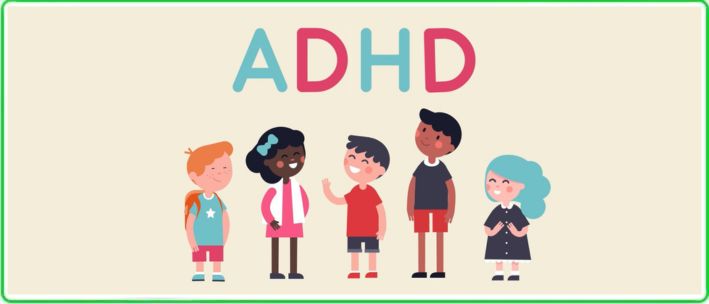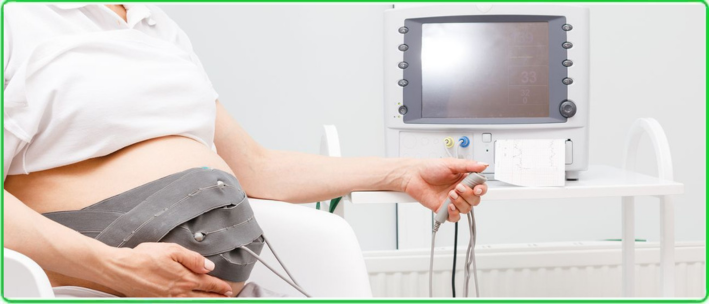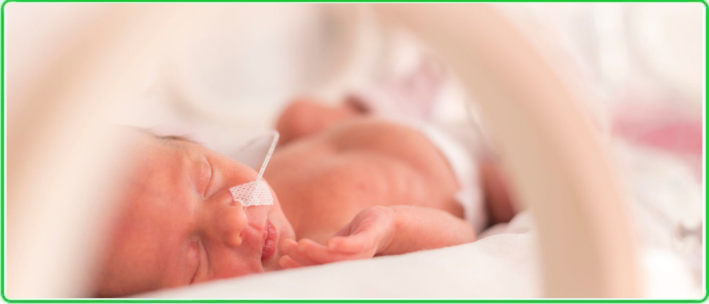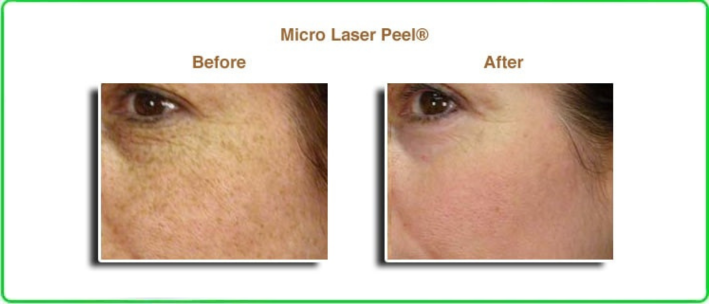ADHD in Children: Diagnosis, Treatment, and Behavior Management

Introduction
Attention Deficit Hyperactivity Disorder (ADHD) is one of the most common neurobehavioral disorders in children. According to the World Health Organization, ADHD symptoms occur in 5–8% of school-aged children. This condition is not caused by “poor parenting” or “laziness” — it has a neurological basis and requires a comprehensive treatment approach.
At KindCare Medical Center, we provide pediatric neurology consultations and help families raising a child with ADHD develop an effective management strategy — from medication to neurofeedback and behavioral therapy.
What Is ADHD?
ADHD is a developmental disorder of the nervous system in which attention regulation, impulse control, and activity levels are impaired.
It can present in three forms:
- Predominantly inattentive type — the child is easily distracted, loses items, and forgets assignments.
- Predominantly hyperactive-impulsive type — the child is constantly on the move, interrupts others, and cannot wait for their turn.
- Combined type — a mix of both inattentive and hyperactive-impulsive symptoms.
Symptoms of ADHD
In preschool children:
- Cannot sit still, even during meals.
- Frequently interrupts adults.
- Easily distracted by sounds or objects.
In primary school children:
- Does not finish tasks.
- Forgets instructions and loses items.
- Has difficulty focusing on schoolwork.
In teenagers:
- Struggles with self-organization.
- Has difficulty controlling emotions.
- Experiences conflicts with peers and teachers.
Important: If symptoms persist for more than 6 months and interfere with learning or social interactions, a consultation with a neurologist is necessary.
Causes of ADHD
- Genetic predisposition — higher risk if ADHD is present in the family.
- Brain development differences — dysfunction in areas responsible for attention control.
- Pregnancy and birth complications — fetal hypoxia, premature birth, delivery complications.
- Environmental and social factors — chronic stress, adverse family environment.
ADHD Diagnosis at KindCare Medical Center
We take a comprehensive approach:
- Medical history — discussion with parents and analysis of the child’s developmental history.
- Behavioral assessment — using international rating scales (Conners, SNAP-IV).
- Neurological examination — to rule out organic brain pathology.
- Additional tests — EEG to assess brain activity, psychological testing.
ADHD Treatment: A Comprehensive Approach
Treatment at KindCare Medical Center is tailored individually, considering the child’s age, ADHD type, and any associated issues.
- Behavioral Therapy
- Training parents in behavior management techniques.
- Establishing a structured daily routine.
- Positive reinforcement of desired behaviors.
- Medication Therapy
- Used when symptoms significantly interfere with learning and adaptation.
- Prescribed only by a neurologist after full evaluation.
- Neurofeedback
- A modern brain training method using EEG sensors and computer software.
- The child plays interactive games while the program provides real-time feedback, teaching the brain to regulate activity in targeted areas.
- Effective for ADHD, speech delay, tics, and anxiety.
- Painless, safe, and engaging for children due to the game-like format.
- Supportive Sessions with a Speech Therapist or Psychologist
- Recommended if speech or emotional difficulties are present.
The Role of Parents in Treatment
- Follow the doctor’s recommendations consistently.
- Maintain a calm and predictable home environment.
- Limit screen time and stimulating activities before bedtime.
- Support the child rather than punishing them for behavior linked to ADHD.
Why Treat ADHD?
Without specialist help, ADHD can lead to:
- poor academic performance;
- difficulties in communication;
- low self-esteem;
- increased risk of depression and anxiety in adolescence.
Conclusion
ADHD is not a sentence — it is a developmental feature that can be effectively managed with a comprehensive approach. The earlier intervention begins, the greater the chance to help the child reach their full potential.
Book an appointment with a pediatric neurologist at KindCare Medical Center to receive an accurate diagnosis and create an effective ADHD treatment plan, including modern neurofeedback therapy.












